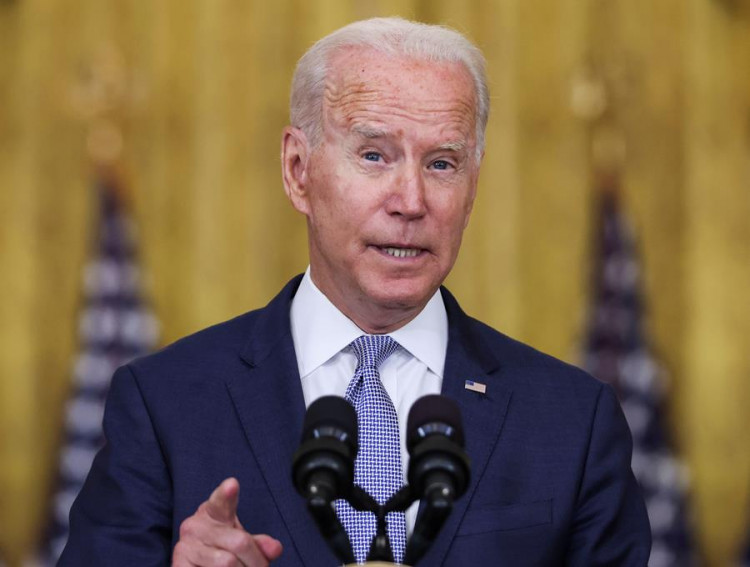U.S. President Joe Biden has indicated a significant shift in his approach to Israel's prosecution of the war against Hamas in Gaza, asserting that Prime Minister Benjamin Netanyahu is doing more harm than good to Israel and its interests. In a hard-hitting MSNBC interview on Saturday, Biden highlighted deep US concerns over civilian deaths in Gaza and called the planned IDF operation in southern Gaza's Rafah a "red line."
The president's comments come amid growing divides between the US and Israel regarding the war, with some left-leaning pundits urging Biden to bypass Netanyahu's hardline government and speak directly to the Israeli public, potentially at the Knesset, to sell the US vision for ending the conflict. This vision includes an extended truce secured by a hostage deal, Arab stakeholders helping rehabilitate the Strip, a reformed Palestinian Authority returning to govern the enclave, Saudi Arabia normalizing ties with Israel, the creation of a pathway toward a Palestinian state, and the bolstering of broader regional alignment against Iran.
When asked if he would be prepared to return to Israel and address the Knesset, Biden responded with a simple "Yes," without elaborating further. This marks the first time the president has revealed any intention to take this far-reaching step, in an interview that also saw him continue to employ more aggressive rhetoric against Israel.
The shift in tone follows a mass-casualty incident on February 29, in which dozens of Palestinians were killed trying to collect humanitarian aid in Gaza City, where law and order has collapsed amid desperate conditions. Biden explained his recent "come to Jesus" remark regarding Netanyahu, caught on a hot mic after his State of the Union address, as "an expression used in the southern part of my state meaning 'a serious meeting.'"
The president reiterated that Israel has "a right to continue to pursue Hamas," but emphasized that Netanyahu must pay more attention to the innocent civilians caught in the crossfire. Ignoring the lives lost is "contrary to what Israel stands for, and I think it's a big mistake," Biden argued.
Turning to his postwar plans, Biden said that he was working to secure a six-week ceasefire, hopefully by Ramadan, which starts early Monday. He noted that he was in touch with Arab leaders, including those from Saudi Arabia, who are "prepared to fully recognize Israel [and] begin to rebuild the region."
However, Netanyahu has all but rejected the US vision, expressing pride in blocking efforts to establish a Palestinian state and refusing to cooperate with plans envisioning the return of the Palestinian Authority to govern Gaza. This stance has prompted Saudi Arabia and the United Arab Emirates to warn that they will not support Israeli desires to have them participate in the reconstruction of Gaza.
The US has also asserted that it won't support the planned IDF operation in Rafah until Israel presents a plan for the mass evacuation of civilians from the area, where more than half of Gaza's 2.3 million people are sheltering. When asked whether such an operation would be a "red line," Biden initially responded, "It is a red line," before appearing to backtrack and emphasize the US commitment to Israel's defense.
The president insisted that he was doing everything he could to deliver more aid to Gaza, highlighting US efforts to pressure Israel to open a crossing into the northern Strip and the launching of an emergency US military mission to build a temporary pier off the Gaza City coast to allow for the delivery of aid from the Mediterranean Sea.
Biden's shift in approach to Israel and Netanyahu comes at a critical juncture, as the US seeks to balance its support for Israel with growing concerns over civilian casualties and the need for a viable alternative to Hamas's rule in Gaza. As the presidential election campaign picks up steam, the Biden administration faces the challenge of navigating this complex and volatile situation while maintaining its commitment to Israel's security and the pursuit of a lasting peace in the region.






